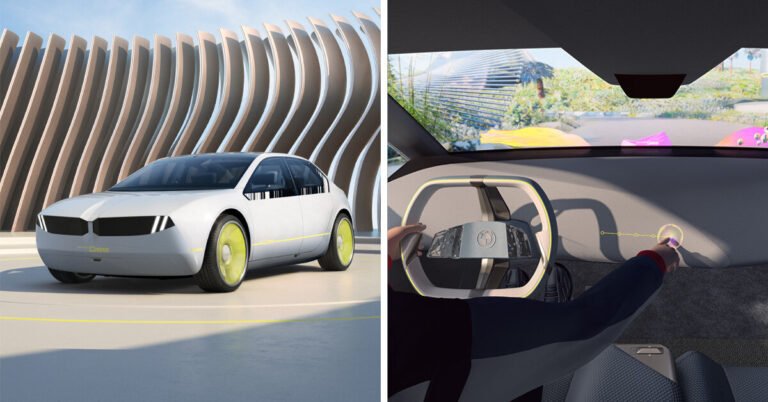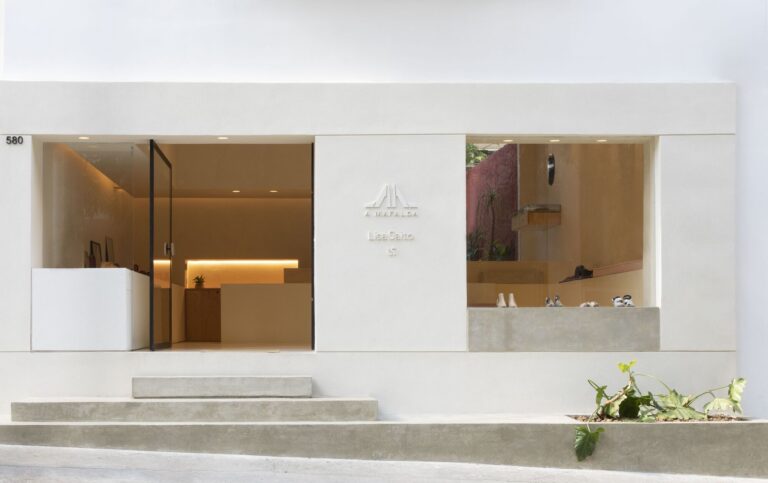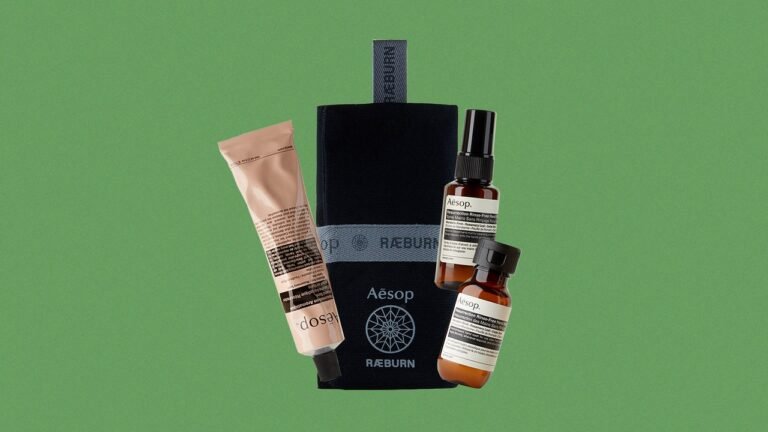Pizzería Marcia / Estudio Grizzo Arquitectos
Pizzería Marcia / Estudio Grizzo Arquitectos


Text description provided by the architects. Marcia is a project that arises from a new generation of young pizza makers taking over the family tradition with a renewed proposal focusing on the care of ingredients and Neapolitan-style processes with a focus on new flavors. The image of the space follows the same premise of taking the Italian spirit and warmth inspired by Tuscan tones, textures, and wear and tear, but with local and contemporary materials, language and resources. Marcia seeks to surprise with details within a balanced environment. It gives rise to the meeting between the warmth of the past and the freshness of the new, within the traditional neighborhood dynamics of Villa Urquiza.



The monochrome sand-toned palette of the interior and the warm lighting play a fundamental role in allowing the patterns and textures to be the protagonists contrasting the exterior where the original tone of the building was respected. The textured and illuminated interior acts as a facade and draws the attention of those who walk along the neighborhood sidewalk. When dealing with a limited budget and after an investigation of materials to compose the project, we found an industrial discard of specimens from the concrete mixers that are used to carry out hardness tests. These test tubes cover the main bar, which, due to their curved shape, soften the surface and create a play of lighting. The same occurs with the play of curves and counter-curves at the bottom of the bar, where discarded old colonial tiles with a marbled paint treatment were used. The protagonist of the project is undoubtedly the double-height wall cladding that shelters the clay oven. The name of the project was engraved on this element as if it were a hand-carved stone. Thanks to the specialized workforce, the work done with natural stones and pigments stands out, achieving a porous texture that seduces to touch.



Another fundamental material used in the project is travertine, a national stone from the province of San Juan. It was used for the countertop of the bar, highlighting the nobility of the raw material. Travertine also appears in tables and lamps with a honed finish that plays with the versatility of its treatment. The selected vegetation appears desaturated and is integrated into each sector of the project, providing freshness, complementing the walls with its shadows, and highlighting the textures made manually with dyed plaster. Continuing with the use of accessible materials and resources, the benches were made of vanilla calcareous used on the sidewalks of the neighborhood. Fiber cement pots were also used in the toilet in a stacked manner to form the sink and as a base for the tables. All with the same porous texture of the walls.









